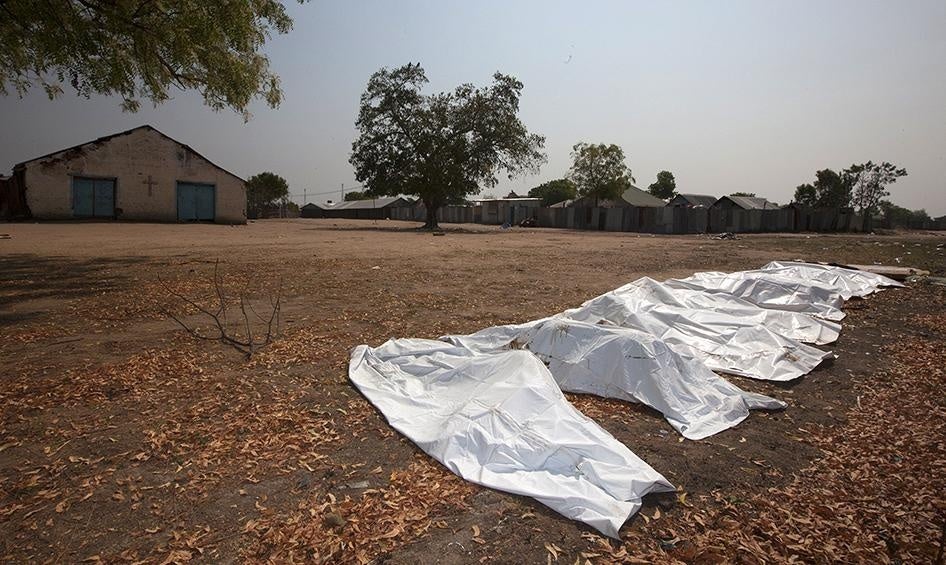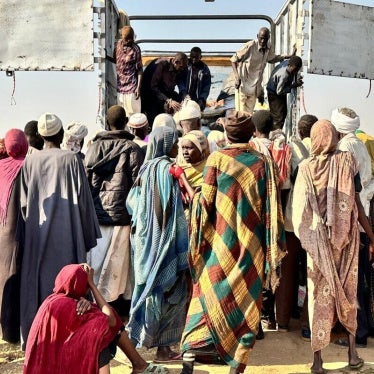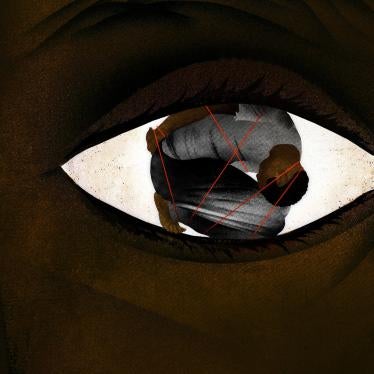The long-awaited report of the African Union Commission of Inquiry for South Sudan was released this week. Conflict in South Sudan is still raging and the latest peace deal is hanging by a thread, but the report offers some useful recommendations that the AU, UN and other international actors should start to implement at once.
The main findings of the 315-page report are consistent with much of what Human Rights Watch and UN human rights monitors have documented: evidence of serious abuses amounting to war crimes and potential crimes against humanity by both government and opposition forces. It underlines the extreme brutality endured by civilians, the ethnic nature of the violence, and finds evidence of “a state or organizational policy to launch attacks against civilians based on their ethnicity or political affiliation.”
The report also includes useful forensic analyses of the infamous Gudele police complex in Juba, where it says 137 people were slaughtered on the night of December 16, 2013, and from massacre and mass burial sites in Bor, Bentiu Juba and elsewhere. It also names some of the commanders in charge in places where mass killings took place, and refers to a confidential list of those who may be responsible for some of the very worst crimes.
These findings and conclusions are powerful, and should catalyze urgent action, particularly as a way to stop ongoing abuses.
In the months since the commission’s investigation, violence against civilians has continued, especially in Unity state, where a government offensive this year saw widespread rape and forced displacement. The consequences of this endless fighting have been devastating, with more than two million people forced from their homes and parts of the country facing imminent famine.
Although many of the report’s recommendations seem geared for an eventual transitional government, some can be implemented straight away.
For example, the report calls for an African-led court to investigate and try individuals for crimes, echoing the current peace deal that envisions a hybrid court set up by the AU Commission. The AU should take steps now to establish this court, and donors should fund and support it. Time is critical, especially considering how long it could take to get the court up and running.
The UN Security Council should also impose an arms embargo, as well as sanctions on individuals responsible for the crimes that continue to drive South Sudan deeper into despair.








